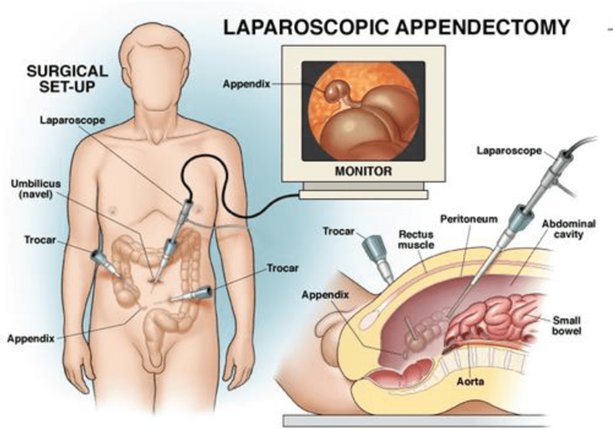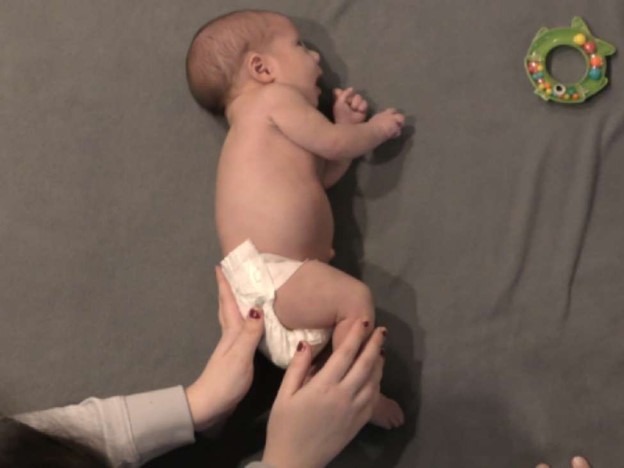A nurse is evaluating a 4-year-old child who has cystic fibrosis and has been receiving chest physiotherapy treatments.
The nurse should identify which of the following findings as an indication that the therapy has been effective?
Increased urine output.
Increased expectoration.
Reduced pain.
Increased heart rate.
Increased heart rate.
The Correct Answer is B

Chest physiotherapy treatments aim to improve ventilation and mucociliary clearance by removing tenacious and obstructing secretions in patients with cystic fibrosis.
Increased expectoration indicates that the therapy has been effective in clearing secretions.
Choice A is wrong because increased urine output is not an indication of the effectiveness of chest physiotherapy.
Choice C is wrong because reduced pain is not a specific indication of the effectiveness of chest physiotherapy.
Choice D is wrong because increased heart rate is not an indication of the effectiveness of chest physiotherapy.
Nursing Test Bank
Naxlex Comprehensive Predictor Exams
Related Questions
Correct Answer is A
Explanation
Muscle rigidity following an appendectomy could be a sign of a serious complication such as peritonitis and should be reported to the provider immediately.

Choice B is wrong because abdominal pain is a common occurrence following an appendectomy and may not necessarily require immediate attention from the provider.
Choice C is wrong because a temperature of 36.4° C (97.5° F) is within the normal range.
Choice D is wrong because a heart rate of 63/min is within the normal range for an adolescent.
Correct Answer is D
Explanation

After a tonsillectomy surgery, it is important to place the child in a side-lying position to help keep their airway open and prevent aspiration 1.
Choice A is wrong because deep breathing and coughing may cause discomfort and bleeding after a tonsillectomy.
Choice B is wrong because while ice cream may be soothing for the throat, it is not the only food that can be offered when the child is alert.
Choice C is wrong because drinking fluids through a straw may cause discomfort and bleeding after a tonsillectomy.
Whether you are a student looking to ace your exams or a practicing nurse seeking to enhance your expertise , our nursing education contents will empower you with the confidence and competence to make a difference in the lives of patients and become a respected leader in the healthcare field.
Visit Naxlex, invest in your future and unlock endless possibilities with our unparalleled nursing education contents today
Report Wrong Answer on the Current Question
Do you disagree with the answer? If yes, what is your expected answer? Explain.
Kindly be descriptive with the issue you are facing.
